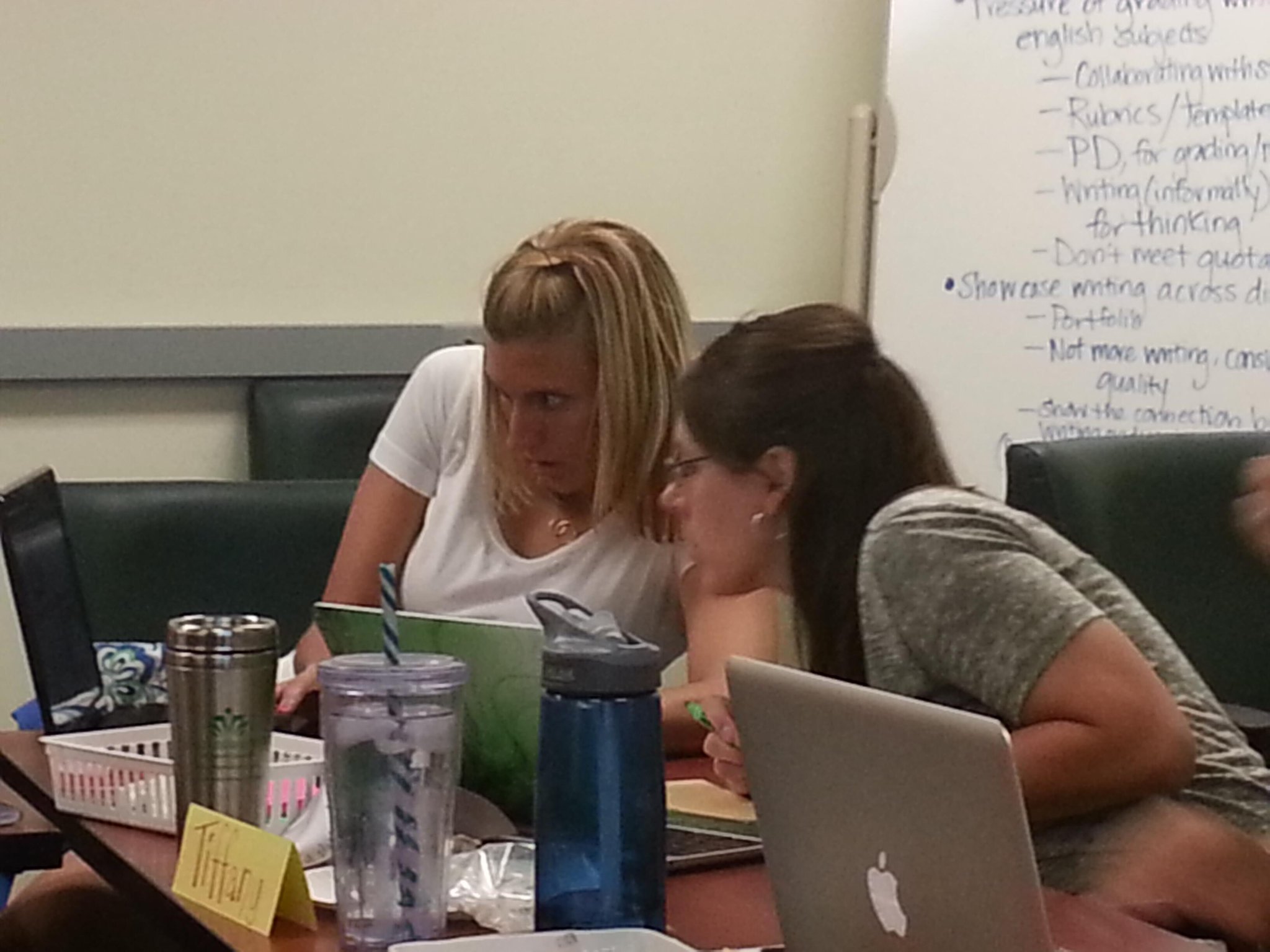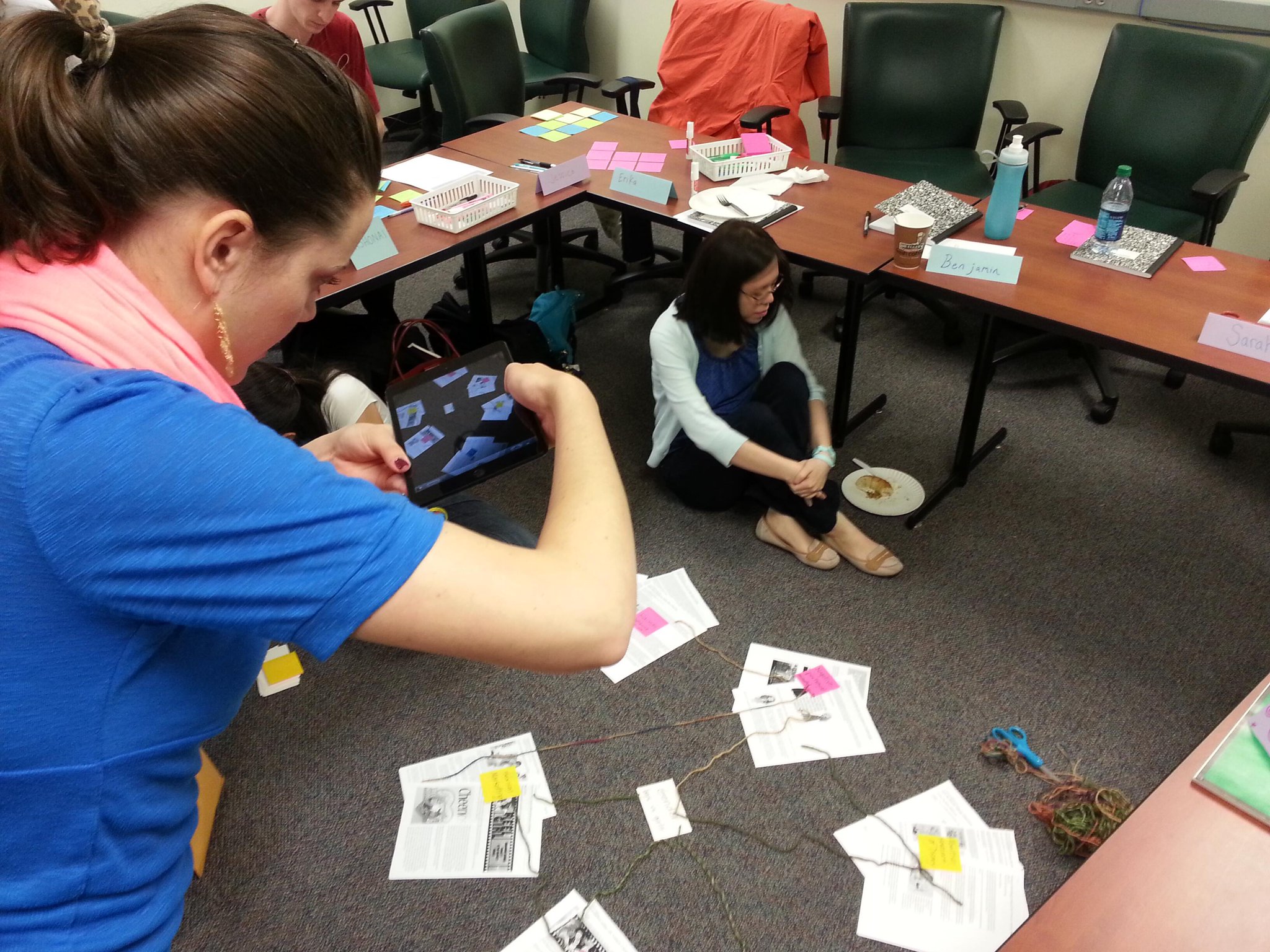I've got to be honest with you. I've started this post three times already and just can't seem to get it right. I'm not sure what block I keep hitting. I think I've hit the backspace key more than any other on my keyboard since I first started typing this post about 45 minutes ago. There was once a time in my life when I would have got so frustrated when the words weren't coming that I would quit. But I know better now. I know that if I step away for a minute and do something else that it'll all come to me.
Maybe if I make a meme, it'll come to me. I've been meaning to make one for the clmooc, and I bet if I do, then my writing ideas will start flowing.
So I guess if nothing else, in attempting to write this post I created my first meme. Now, to get back on track....
Nothing. Maybe more meme making will do the trick...
Nope..maybe something smarter...

Still nothing.....maybe my daybook might give me some inspiration...
ahhh. Perhaps this may just be one of those nights that writing wasn't meant to be for me. But I did write, and that's important, right? I remember advice for writers that in order to be a writer you must write every day, even if it is garbage, just write. I don't remember anyone every saying anything about publishing this garbage, though. This is probably the stuff that's best kept as a draft. Maybe that's what I need...to take the pressure off of myself.
What has been most valuable for me this week is the time and the space to write. There is just always so much to do, and I guess that part of me understands why teachers, particularly English teachers, aren't writers themselves. It's difficult, time consuming, forces us into a vulnerable spot. I would just get up I think that
part of me may be a little nervous....the finality of a final post, the need for the post to capture an experience that, if words were able to capture, would need more space and time then this task allows. I don't think that I write well under
I looked back over my old posts and was amazed by both how much I have written this past week and how coherent some of my thinking was. I still don't know what to say. I looked back over my post from last year during SI and
I still don't know what to say.
I appreciate the space provided
Dear Writing Project
It's been an exciting few years.
uhhhh
We're going on four year now since we first met, and even though we always wobble...





 Sarah Stadler
Sarah Stadler 




